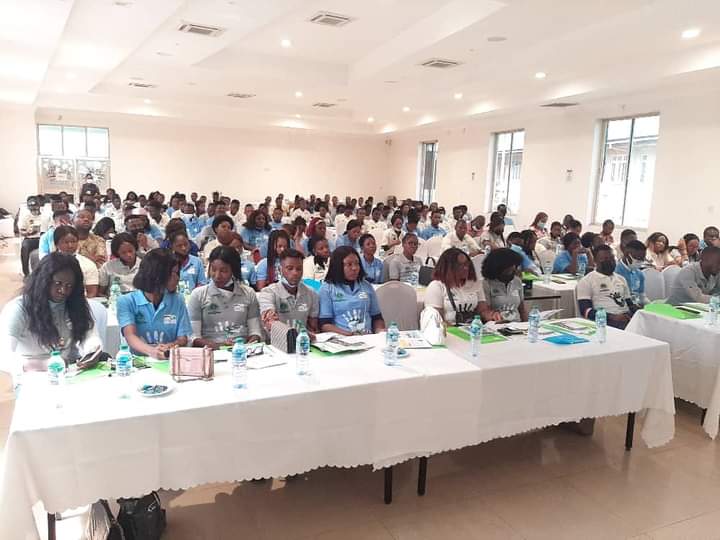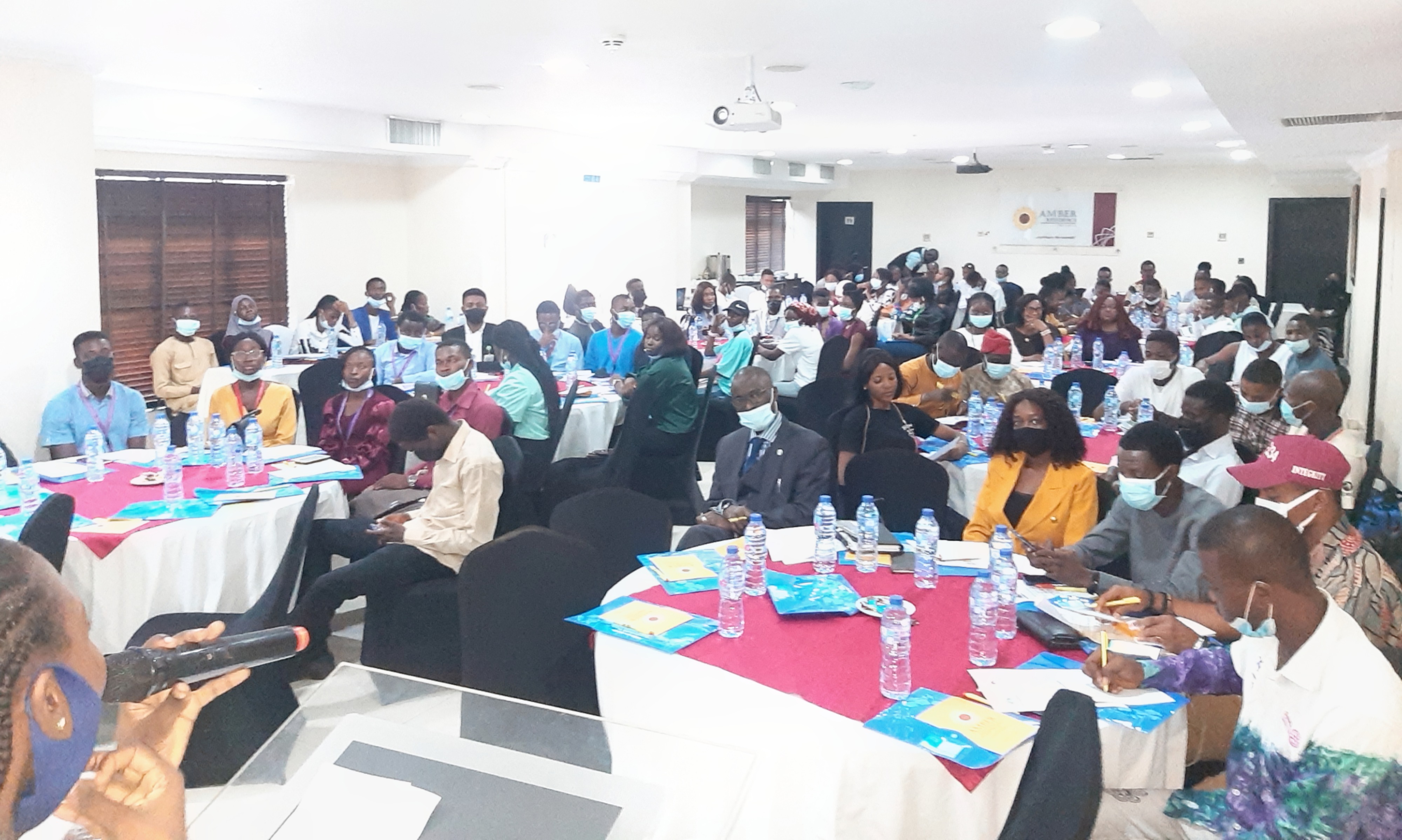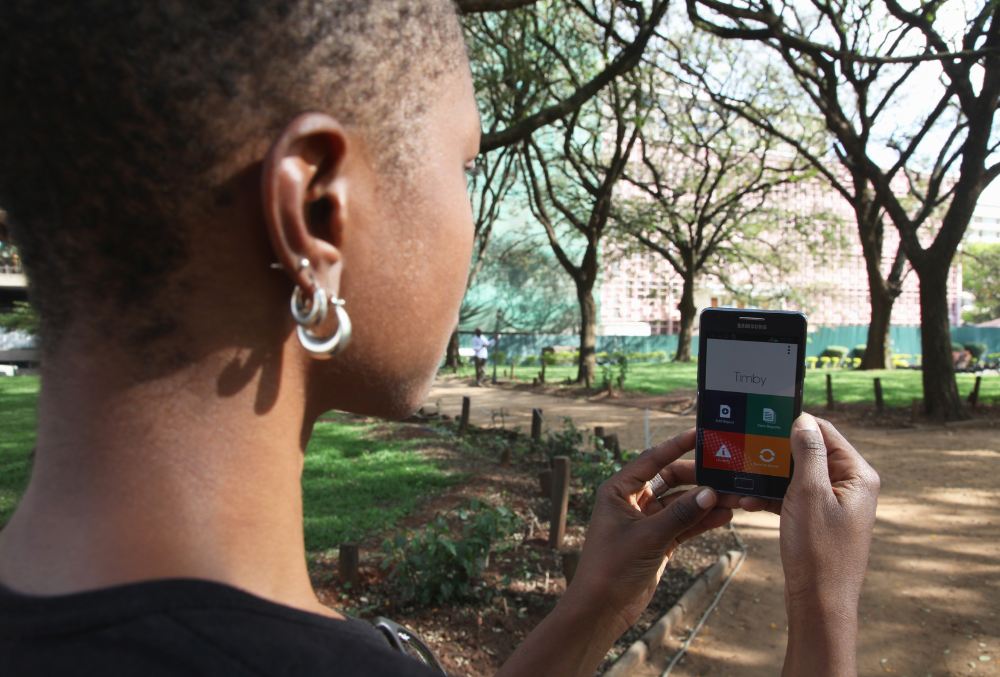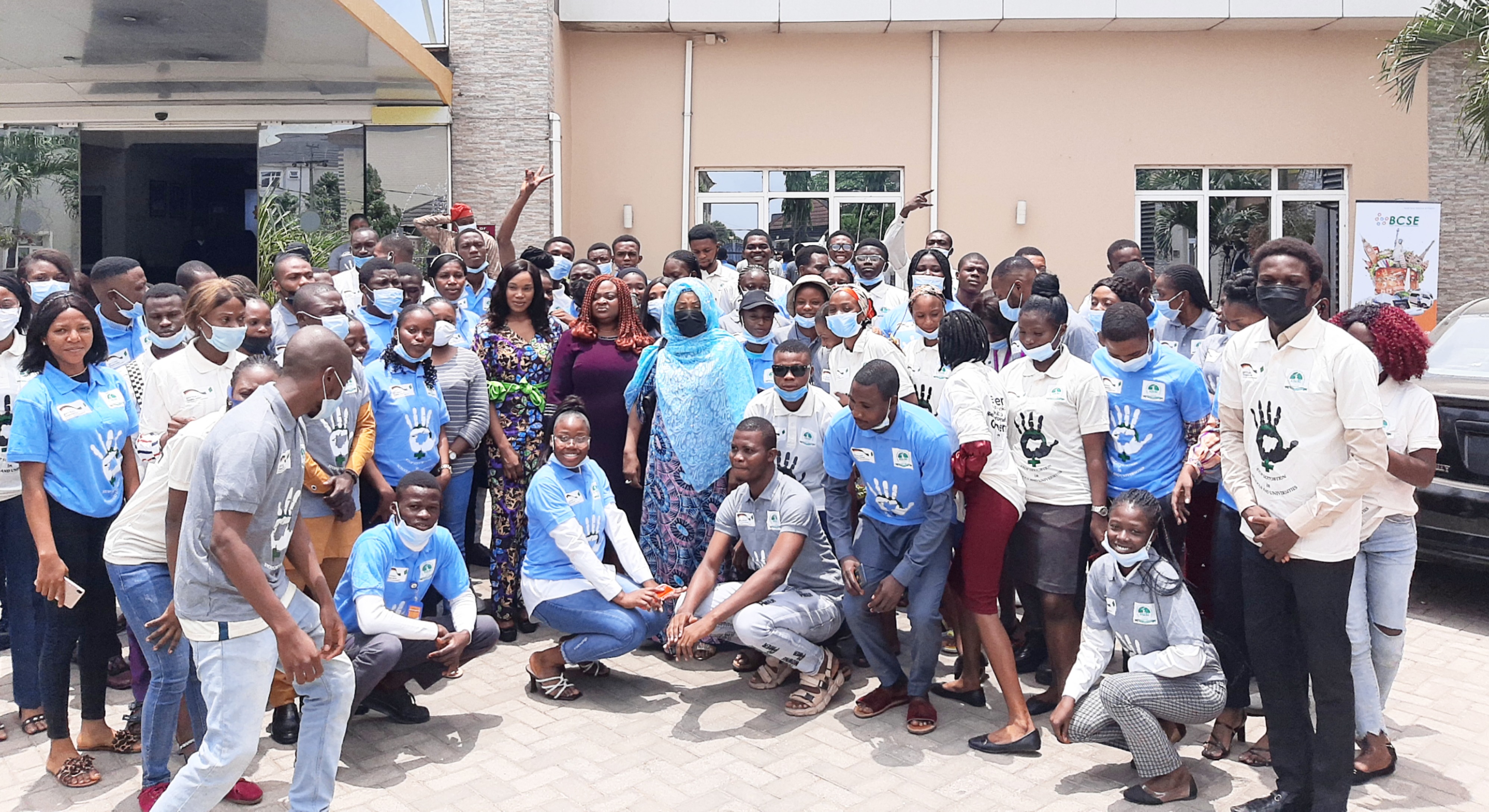24 April 2023
Using Timby To Fight Sextortion In Nigerian Universities
CISLAC is using Timby to fight sextortion in universities in Nigeria
Back to BlogsSextortion is a type of corruption where individuals in positions of power demand sexual favors from those with less power in exchange for opportunities that should be based on merit or freely made available. In Nigeria, this form of corruption is prevalent, particularly in universities and other higher education institutions. In these cases, lecturers or school administrators demand sexual favors from students in exchange for grades, admission, or promotions.
These common corrupt practices jeopardize the future of young students, violate human rights, and diminish the quality of higher education in the country.
The Civil Society Legislative Advocacy Centre (CISLAC) is bringing Timby into tertiary institutions in three states of Nigeria, including Lagos, Akwa-Ibom, and Abujato, to show students how to anonymously report these crimes using the Timby App. Reports that are received on the Timby Dashboard get shared with partner organizations to provide mental health or legal support to victims or their loved ones.
 Sextortion workshop given by CISLAC for students of Tertiary Institutions in Akwa-Ibom State.
Sextortion workshop given by CISLAC for students of Tertiary Institutions in Akwa-Ibom State.
Corruption in Nigeria
In recent years, many efforts have been made to combat corruption - a widespread national issue in Nigeria. Laws have been enacted and anti-corruption agencies, such as the Economic and Financial Crimes Commission (EFCC), and the Independent Corrupt Practices and Other Related Offences Commission (ICPC) have been created. Advocates, civil society organizations (CSOs) and other stakeholders have also joined the fight.
Even though anti-corruption laws in Nigeria have created the first small waves of progress, the lack of transparency and accountability from government and institutions continues to undermine the trust of Nigerians in their leaders and the effectiveness of anti-corruption measures.
A Bill to End Sextortion
The exchange of sex for preferential treatment, known as “body currency,” is a serious form of corruption in Nigeria. A 2020 United Nations Office on Drugs and Crime (UNODC) survey revealed that 30% of people believe body currency occurs frequently in Nigeria, with an additional 41% convinced it happens very frequently. Nigerian universities are a particularly toxic environment for young women, with sexual harassment by lecturers and school administrators all too common.
To address this issue, the Nigerian Senate introduced the “Sexual Harassment in Tertiary Education Institution Bill” in 2016. In spite of that, it wasn’t until a BBC documentary exposing cases of sexual harassment in Nigerian universities was released in 2019 that significant action was taken. Public outrage led to the sponsorship of the Bill by the Deputy Senate President, Senator Ovie Omo-Agege, and 106 other Senators.
In February 2022, the Bill was finally transmitted to the House of Representatives for concurrence and passed. While progress is being made, it is moving forward at a frustratingly slow pace.
CISLAC’s Fights Against Sextortion
CISLAC is actively raising awareness about the issue of sextortion amongst students, teachers, and administrators in universities in Abuja, Lagos, and Akwa Ibom. For the past two years, the organization has conducted training sessions, workshops, radio programs and other sensitization events to educate individuals about what sextortion entails, the negative impact it has, and how to protect oneself and others from this type of violence.
In addition to these efforts, CISLAC also assists survivors of these crimes by connecting them with legal and mental health professionals who can offer support in the aftermath of these traumatic events. CISLAC also collaborates with other stakeholders to effectively combat and prevent sextortion by creating policies and regulations.
 Sextortion workshop given by CISLAC for students of Tertiary Institutions in Lagos State.
Sextortion workshop given by CISLAC for students of Tertiary Institutions in Lagos State.
CISLAC has identified several fundamental challenges that contribute to the prevalence of sexual extortion, particularly within universities:
-
Stigmatization of victims and wide-spread impunity which has resulted in a culture of silence.
-
The perpetrators are mostly high profile individuals who are either lecturers or non-academic staff who have some level of influence or power with the institution and society.
-
Lack of awareness among students and society that sextortion is a form of corruption. Even if someone did want to report on an issue, most people are not aware of the appropriate channels to contact for support.
-
There is distrust between citizens and public institutions. Survivors of these crimes fear that even if they jump through all the hoops to report what happened to them, it is unlikely that appropriate justice will be served. Oftentimes, perpetrators go unpunished.
Few victims, mainly women, report incidents of sextortion and other human rights violations, and even when they do, anti-corruption agencies and other public institutions aren’t very effective at managing the cases, if they are ever even managed at all.
Using Timby to Report About Sextortion
CISLAC not only offers programs that aim to increase awareness and promote advocacy against corruption and human rights violations, but also utilizes contemporary methods to facilitate prompt, effortless, and confidential access to legal and mental health support for individuals who have been victims of sextortion.

The Timby App can be downloaded for free from the Google Play Store by students or others on campus. It offers a safe and anonymous way for sextortion survivors or their loved ones to submit questions or seek guidance before or after an incident has occurred.
Grievances, questions and reports sent via the App are received by CISLAC. They work in collaboration with legal and mental health professionals to triage and solve issues. Those seeking legal advice are supported by the Advocacy and Legal Advice Centre (ALAC). By providing the option to report anonymously, individuals can receive the assistance they require while feeling secure in the knowledge that their reputation, educational pursuits, and well-being are being safeguarded.
Reports from people seeking mental health or psychological support such as counseling, therapy or group support are managed by a separate non-governmental organization. These professionals communicate with them anonymously through the Timby App. If they reach a point where they feel safe and comfortable, they may choose to share their contact information for further in-person support.
The process prioritizes the safety, anonymity, and care of those reporting. CISLAC and their collaborators are hopeful that they will be able to reduce sextortion in universities and that survivors will have a safe place to turn for help.
 Photo from the Lagos State sensitization of university students on sextortion.
Photo from the Lagos State sensitization of university students on sextortion.

